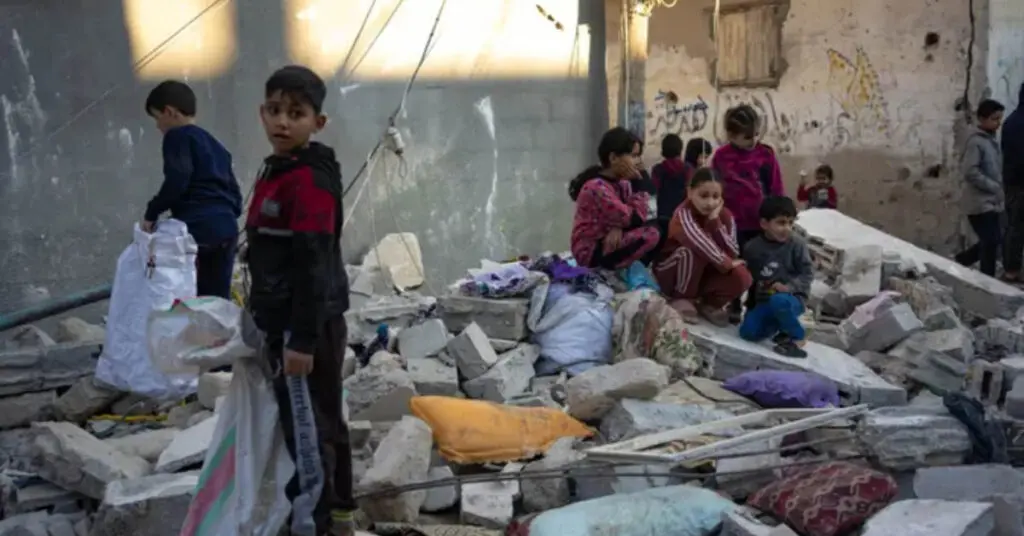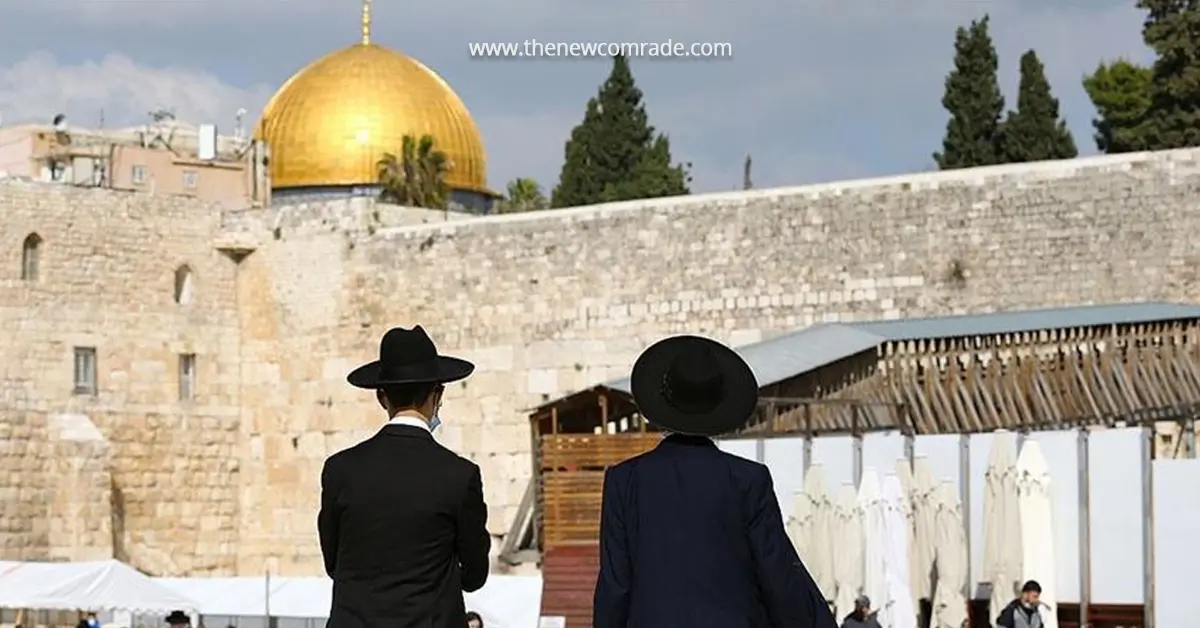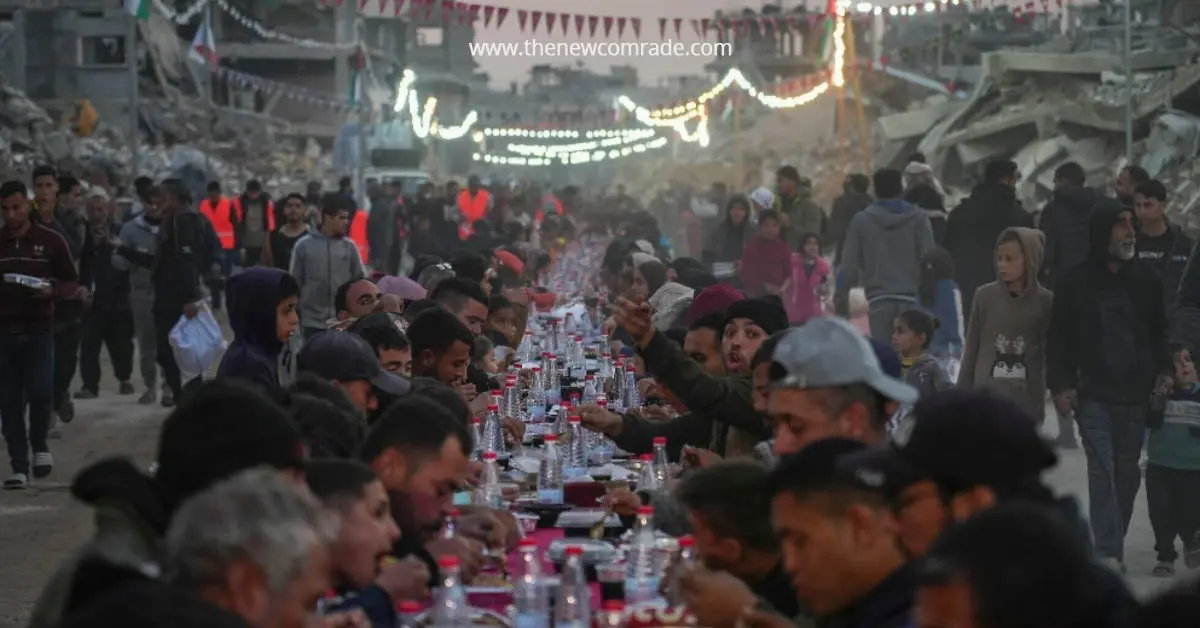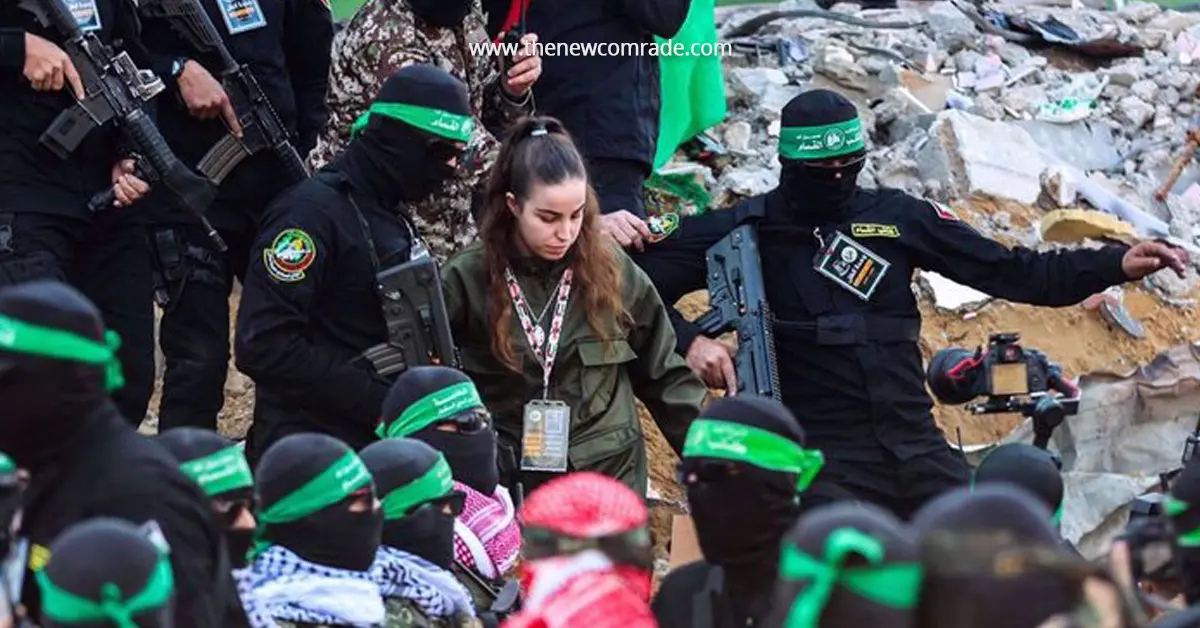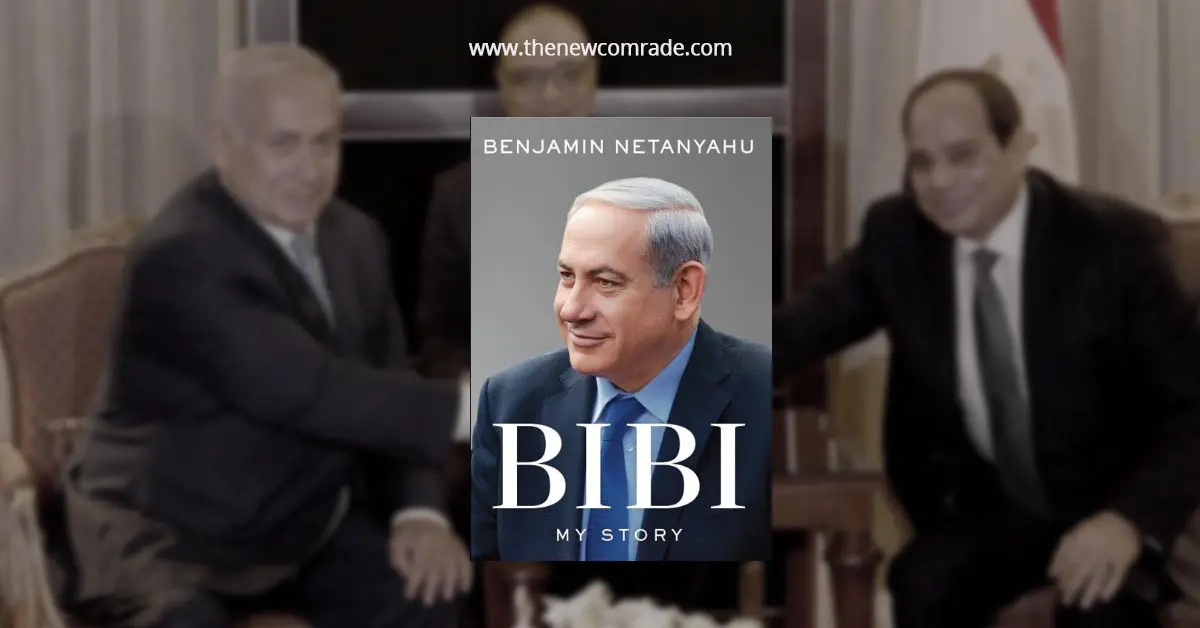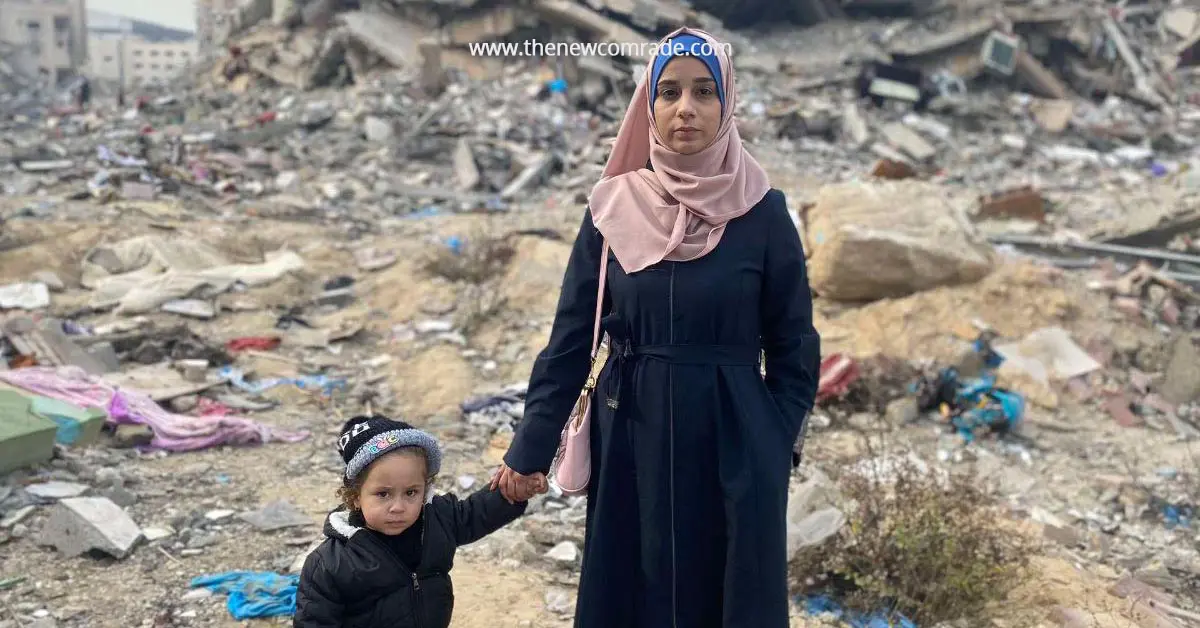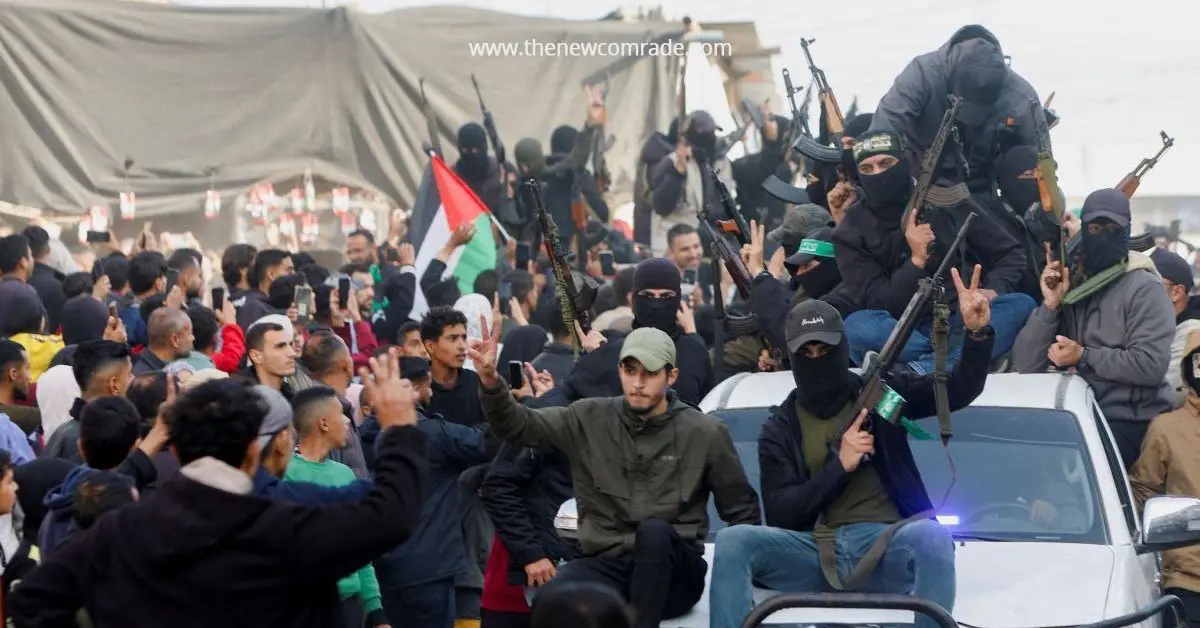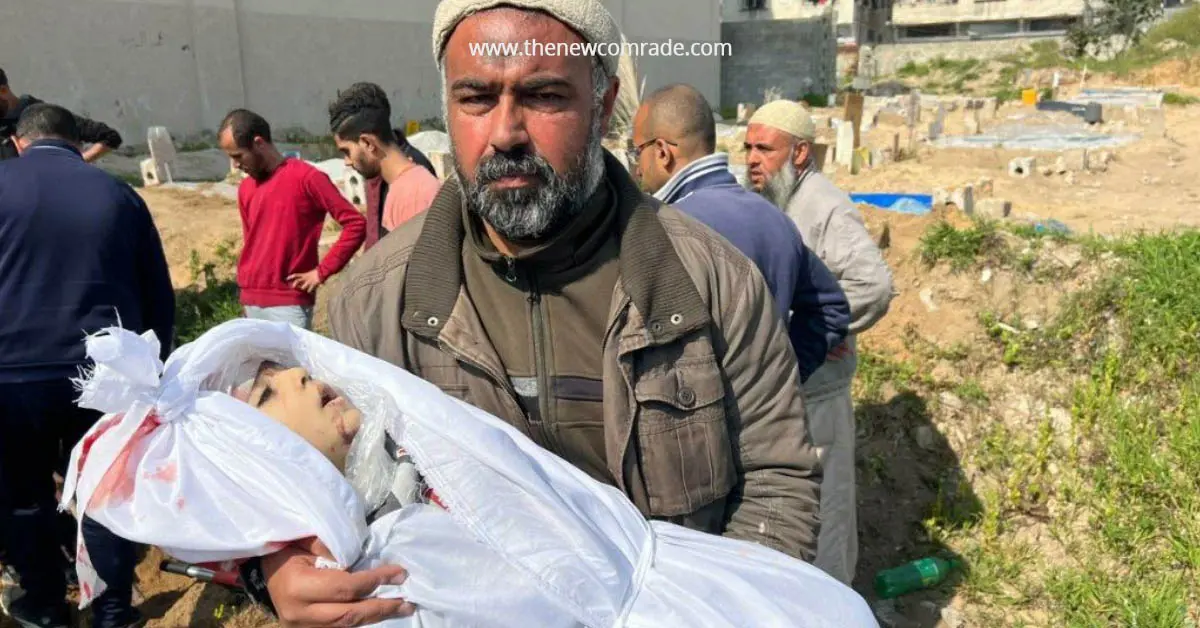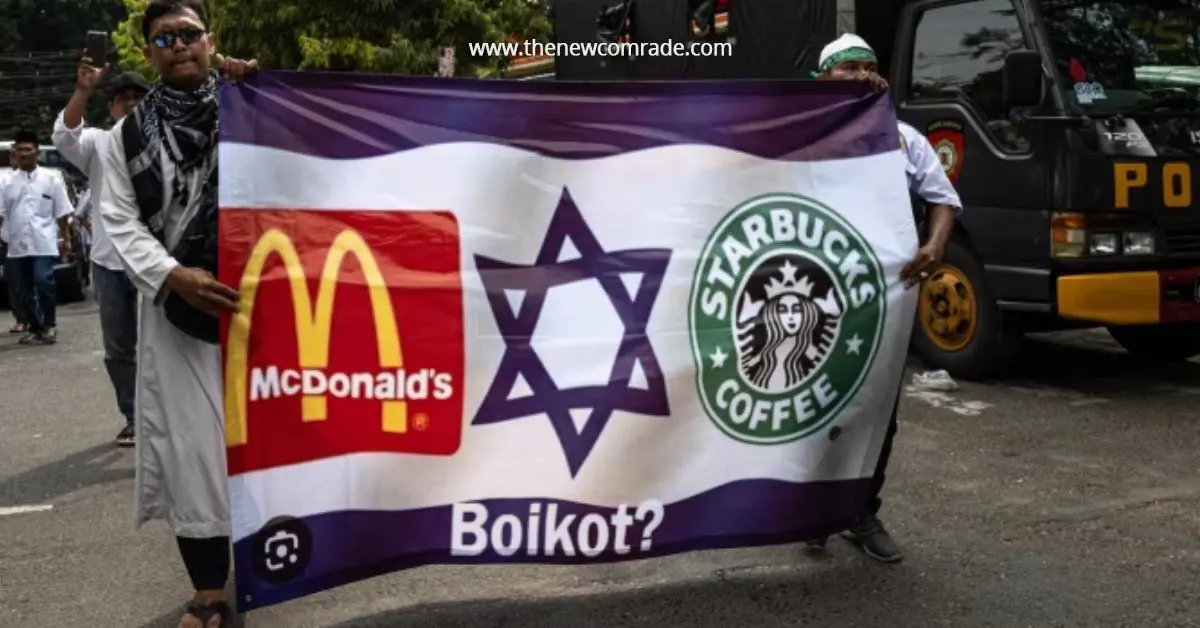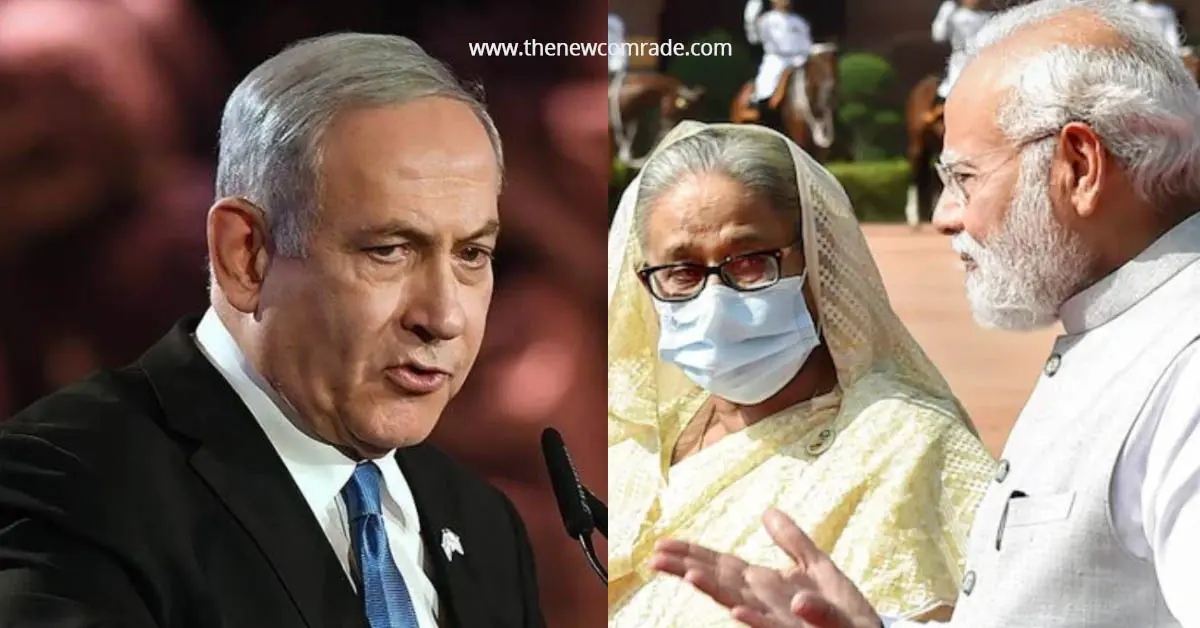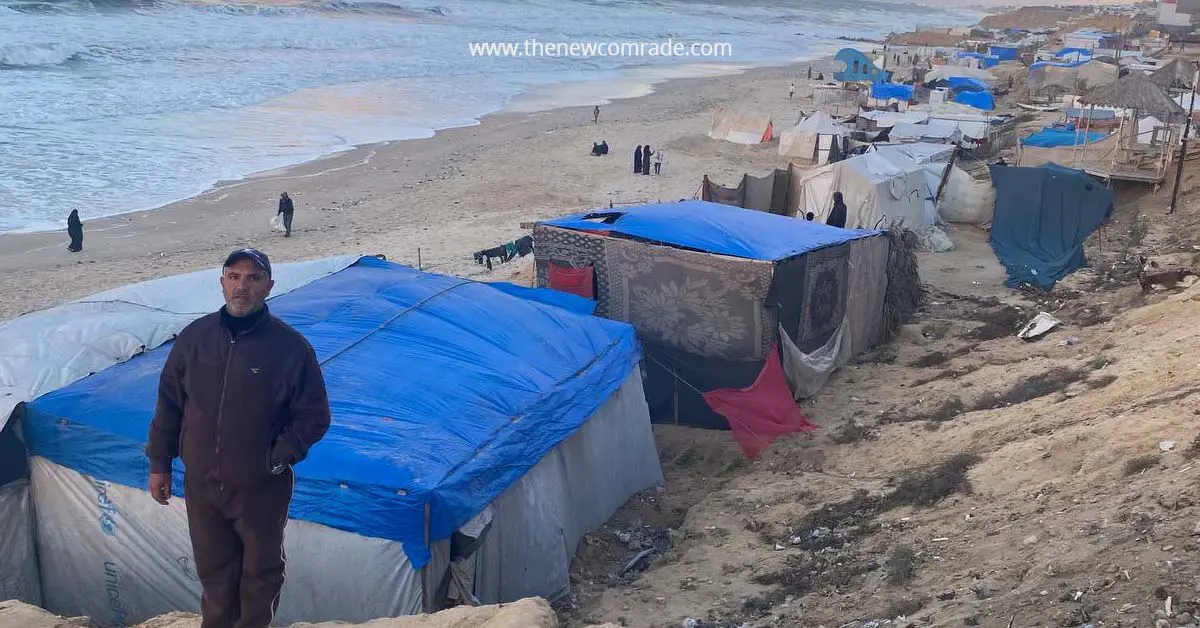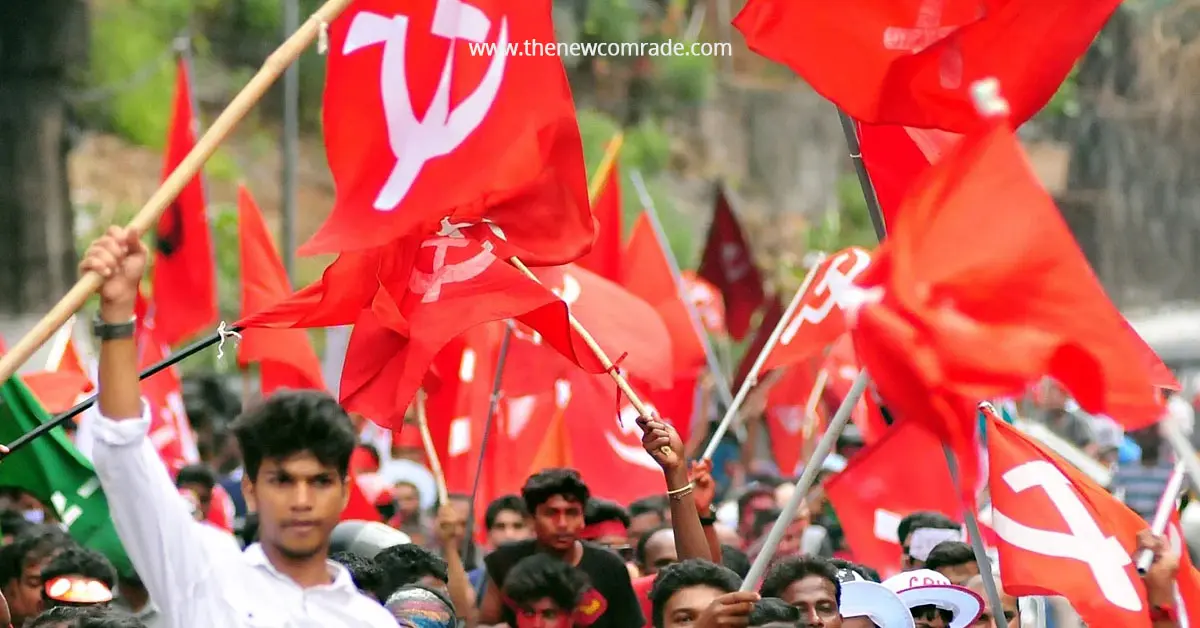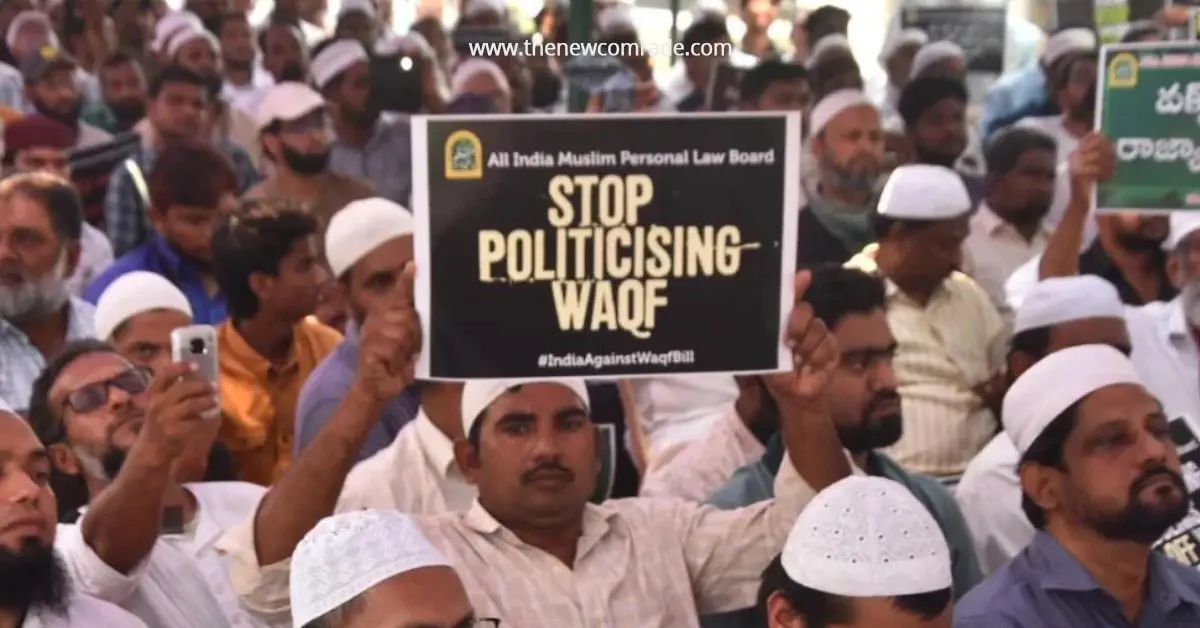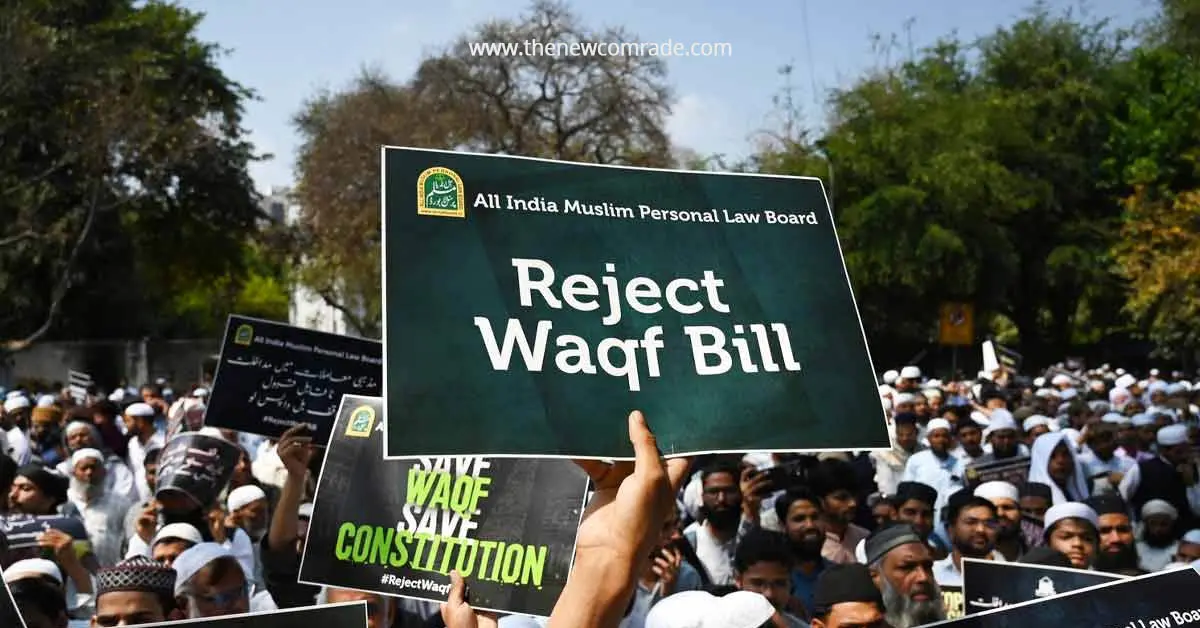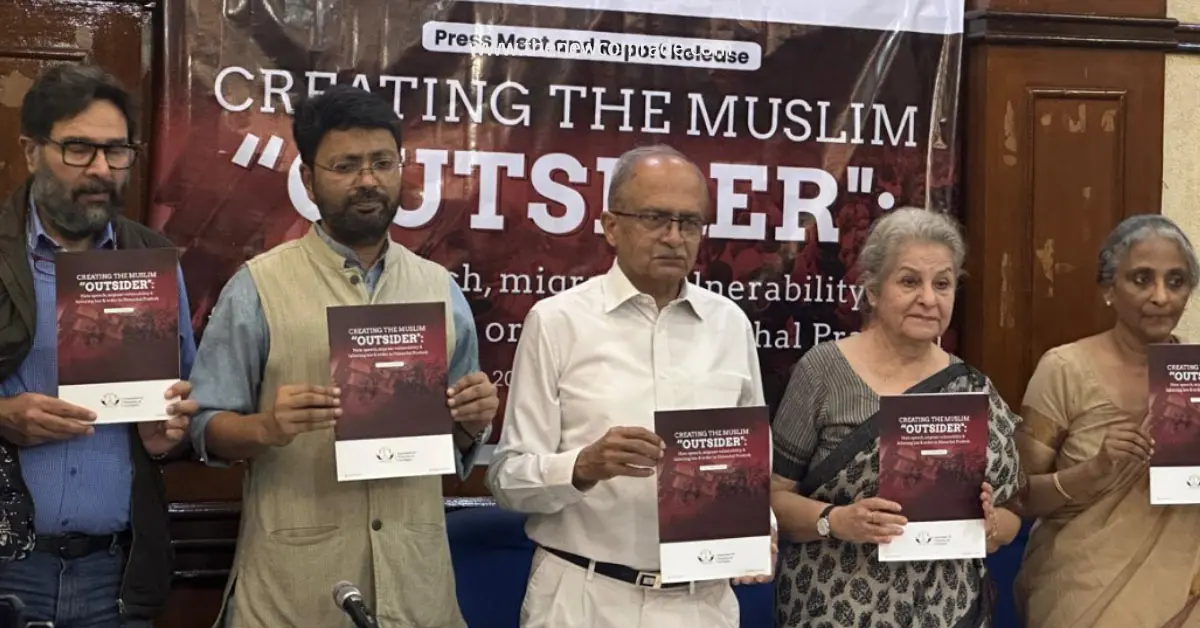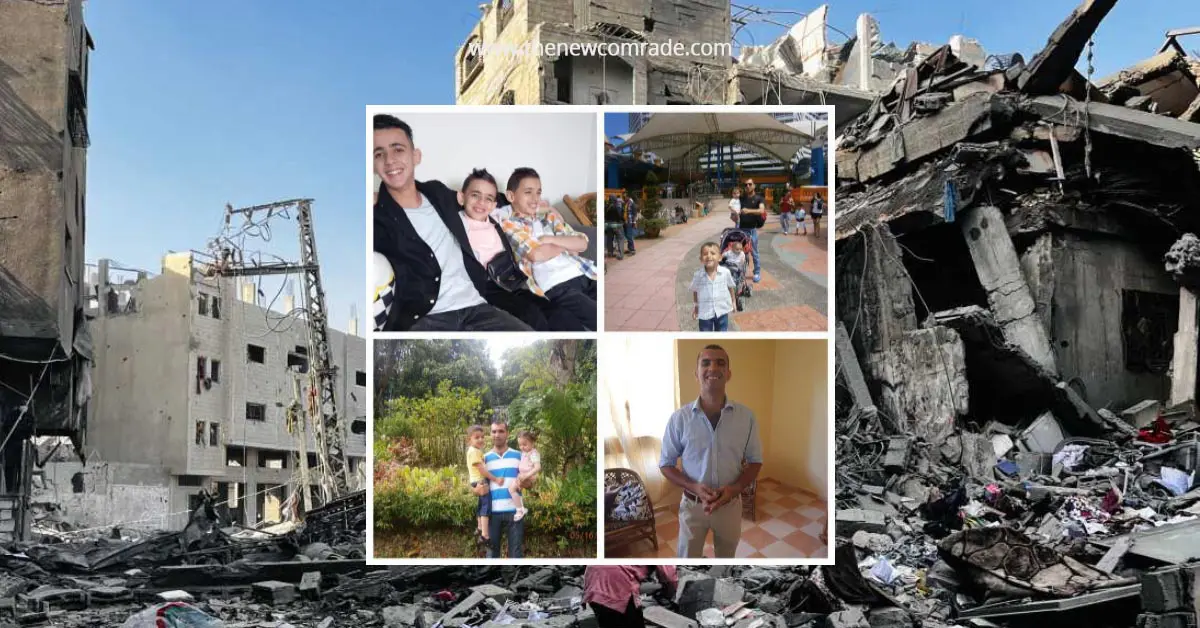Advancements in the fields of technology and artificial intelligence have been constantly reconfiguring and reframing new, unexplored swathes of terrain for the power of sovereignty to graze upon. Various thinkers and philosophers have conceptualized the growing tendencies of sovereign states and techno powers. Michael Foucault’s famous concept of Bio power and Achille Mbembe’s concept of Necropolitics remain relevant conceptualizations of these enormous types of power and control that sovereign states possess. They aid in unravelling and reframing the common characteristics of the rising far-right sovereign nationalisms and colonial forces in the emerging global world order. And it easily helps in reconstituting the current Israel-Palestine conflict and the various subjugational and occupational manoeuvres of power.
Necropolitics is the famous concept coined by the African political thinker Achille Mbembe in his seminal work ‘Necropolitics,’ which opened gates to a new perspective in approaching the gripping power of the state and closely analysing how sovereign power blatantly manifests itself in the new global order. The concept of Necropolitics elucidates the power of the state to either kill its citizens or let them live. It is identical or, in some ways, correlated with the concept of bio power expounded by Michel Foucault in his lecture series. According to Foucault, Bio-power encompasses the domain of life over which power has asserted its control. Breaking the conventional theories of black and white representations of state power, Foucault widened the realm of analysing the vast power of the state, which controls and reproduces the complete lives of citizens. However, there still remains a wide arena of bio-power manifestations to analyse, apart from the classical concept of state. Hegemonic capitalist control of global North in the globalized world and the settler colonialism of Israel and other colonial manifestations also fall under the realm of Biopower and Necropolitics. In fact, it stretches the concepts by making all severe forms of power-manifestations under its realm.
Here, with chaos and warmongering on the rise in the current age, Foucault and Achille Mbembe are once again at the forefront of discussions. From Kashmir to Palestine, the Necropolitical strangling of minorities and the marginalized is escalating in alarming proportions. Regarding Palestine, manifestations of Necropolitics are blatant and unmistakable, directly connected to death and needing no grammatical similes, examples, or footnotes to elucidate. Various kinds of studies were conducted in this respect.
In the late 1960s, Israel implemented a policy of withholding Palestinian corpses in secret cemeteries, each corpse designated by a number, known as the ‘secret cemeteries of numbers.’ And During the last Palestinian ‘al-Quds [Jerusalem] uprising’ in October 2015, Israel resumed withholding the bodies of killed Palestinians, this time storing them in refrigerators (Nashif, 2020). Israel still maintains a crude and inhumane policy regarding Palestinian corpses, primarily driven by the fear of protests.
In the aftermath of Al Aqsa storm, Israel’s realm of physical Necropolitical management is expanding, as numerous reports suggest that Israel used the bodies of dead Palestinians for organ transplantation. The former head of Israel’s forensic institute admitted in 2009 that Israeli pathologists had harvested organs from Palestinian bodies without the consent or approval of their families. Predictably, when faced with such serious allegations, Israel denies them and dismisses critics as anti-Semitic.
Several significant studies have emerged on this topic. Suhad Daher-Nashif’s ‘Colonial Management of Death: To Be or Not to Be Dead in Palestine’ is a notable study in this regard, focusing on the Necropolitical aspect of the apartheid state primarily through the lens of death. It attempts to analyse the management of corpses and the associated problems. However, the Necropolitical aspect of a state transcends these elements and must be situated within the larger framework of power subjugation.
However, these physical examples of Necropolitics are analysed in the literal sense only. On the other hand, the abstract manifestations of Necropolitics are wide prevalant and omnipresent in the Palestinian lives and it needs more careful analysis.
Beyond the realm of death and the management of corpses, Necropolitics encompasses the unchallengeable rights of the state to dictate the survival or demise of its subjects. In the case of colonial power, to dictate the survival of colonised people. Achille Mbembe underscores two fundamental principles underlying this order. Firstly, the juridical equality of all states in the right to wage war, in essence, the right to take life. This right is entirely owned by the state and remains unquestionable. The right to wage war signifies two things: the acknowledgment that killing or making peace is one of the supreme functions of any state, coupled with the understanding that no state can assert authority beyond its borders. Simultaneously, the state cannot recognize any authority superior to itself within its own borders. Secondly, the state, in turn, commits to ‘civilize’ the methods of killing and to attribute rational objectives to the act of killing (Mbembe, 2005). The right to wage war, which mbembe stipulated can be relocated in the right to self-defence, which western power structures attributed to Israel without impunity. The endeavours of right to war and civilizing missions are more related to the colonialist structure of power than the mere nation-state power which Foucault tried to locate his concepts.
Here, Mbembe categorically states that late modern occupations, such as that of Palestine, differ significantly from earlier colonial occupations in various aspects, particularly in their mixed rogue characteristics of disciplinary, biopolitical, and Necropolitical dimensions. He highlights the settler colonial occupation of Palestine as the most accomplished form of Necropower in the contemporary world. In this context, Zionists derive legitimacy and claims of sovereignty from a distorted narrative of history, one of their own creation with a fragile foundation. The modern-day Palestine is viewed as the Promised Land, justifying any means to acquire it—a typical claim among Zionists.
Similarly, proponents of Hindutva also seek to derive fundamental claims of sovereignty and legitimacy from their own Hindutva narrative of history and identity. Distorted historical narratives are consistently reproduced in contemporary Hindutva reigns to diminish the religious and cultural diversity of India. Hindutva finds justifications for the suppression of Muslim identity in India, relying on history, archaeology, and cartography to substantiate their claims.
Mbembe also explains some characteristics of Necropolitics in Gaza and the West Bank by drawing from Fanon’s spatial analysis of colonial occupation. Foremost among these is the sealing off and expansion of settlements, aiming to render all movement impossible and to enforce forms of separation reminiscent of an apartheid state. These settlements could be viewed as urban optical devices for surveillance and the exercise of power. The vast surveillance infrastructure created by the apartheid regime exemplifies the application of Necropolitics. The Zionist regime dictates who should live, how they should live, who should die, and who should be paralyzed. It is the combination of multiple powers of a state—disciplinary, biopolitical, and Necropolitical—that renders the Israeli occupation of Palestine particularly domineering, showcasing an uncontrolled display of modern state power. Apart from the framworks of religion and the religiosity factor in the power relations and subjugation, contemporary warfares and genocides are more likely for the sake of existence of sovereign states. As Arjun Appadurai pointed out very clearly, You either need the minority to keep paranoid sovereignty alive, or you need their resources more than you need their bio minor threat. It is this presence of the state apparatus and manifestations of its power that overcomes other elements and factors of violence including religion according to Arjun Appadurai..
In line with Appadurai’s observations, these narratives of sovereign state power, wars, and violence bring concepts like Biopower and Necropolitics to the forefront when analyzing late modern colonial occupations, such as Palestine, and the contemporary oppression of minorities like the Rohingyas and Indian Muslims. These frameworks allow for a comprehensive understanding of how state and colonialist power operates, controls, and shapes the lives of individuals and communities within its domain, often transcending religious factors in its pursuit of dominance and control. Mbembe’s assertion highlights the profound impact of contemporary practices that subordinate life to the dominion of death, encapsulated in the concept of Necropolitics. In this framework, there’s a fundamental transformation in the dynamics between resistance, sacrifice, and terror. It’s a state or colony where individuals can be regarded as living dead, existing within what can be described as ‘deathworlds,’ crafted through the utilization of sophisticated weaponry and extensive technological surveillance systems.
This condition underscores a disturbing reality where the populace’s existence is shaped by a pervasive sense of living under the shadow of death, with power structures wielding control over life and death. The deployment of advanced weapons and mass surveillance not only redefines the relationship between citizens and the occupying power but also delineates new boundaries where resistance, sacrifice, and terror intersect in contemporary society.
